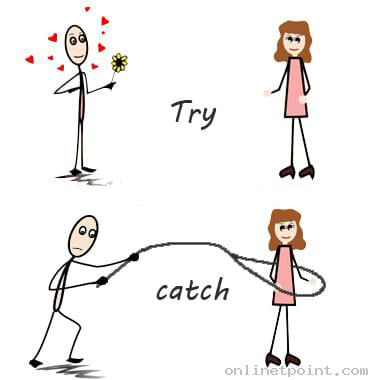C++ Exception Handling
In C++ Exception Handling is a process to handle runtime errors.
Exception handling consists of three keywords: try, catch, and throw.
- Throw - when a program throws an exception using a throw keyword.
- Catch - The catch keyword helps to the catching of an exception.
- Try - A try block is used to place the code that might generate an exception. It's followed by one or more catch blocks.

Syntax:
try {
// try block
} catch( Exception e ) {
// catch block
}
| Exception | Description |
|---|---|
| std::exception | This exception is parent class of all the standard C++ exceptions. |
| std::runtime_error | An exception that cannot be detected by reading the code. |
| std::logic_failure | An exception that can be detected by reading a code. |
| std::bad_alloc | An exception is thrown by new. |
| std::bad_exception | An exception is handle the unexpected exceptions. |
| std::bad_cast | An exception is thrown by dynamic_cast. |
| std::bad_typeid | An exception is thrown by typeid |
| std::overflow_error | An exception is thrown if a mathematical overflow occurs. |
| std::range_error | This exception occurred when you try to store a value which is out of range. |
Example:
#include <iostream>
using namespace std;
class A{
public:
double division(int a, int b)
{
if( b == 0 )
{
throw "Divide by zero is not possible!";
}
return (a/b);
}
};
int main () {
A a;
int z;
try {
z=a.division(1, 0);
cout << z << endl;
}
catch (const char* e) {
cerr << e << endl;
}
return 0;
}
User-Defined Exceptions
User-Defined Exceptions is the process of creating your own exceptions by inheriting and overriding exception class functionality.
Example:
#include <iostream>
#include <exception>
using namespace std;
class MyException : public exception{
public:
const char * what() const throw()
{
return "User-Defined Exceptions !";
}
};
int main()
{
try
{
throw MyException();
}
catch(exception& e)
{
cout << e.what();
}
}
Quickly Find What You Are Looking For
OnlineTpoint is a website that is meant to offer basic knowledge, practice and learning materials. Though all the examples have been tested and verified, we cannot ensure the correctness or completeness of all the information on our website. All contents published on this website are subject to copyright and are owned by OnlineTpoint. By using this website, you agree that you have read and understood our Terms of Use, Cookie Policy and Privacy Policy.
 point.com
point.com